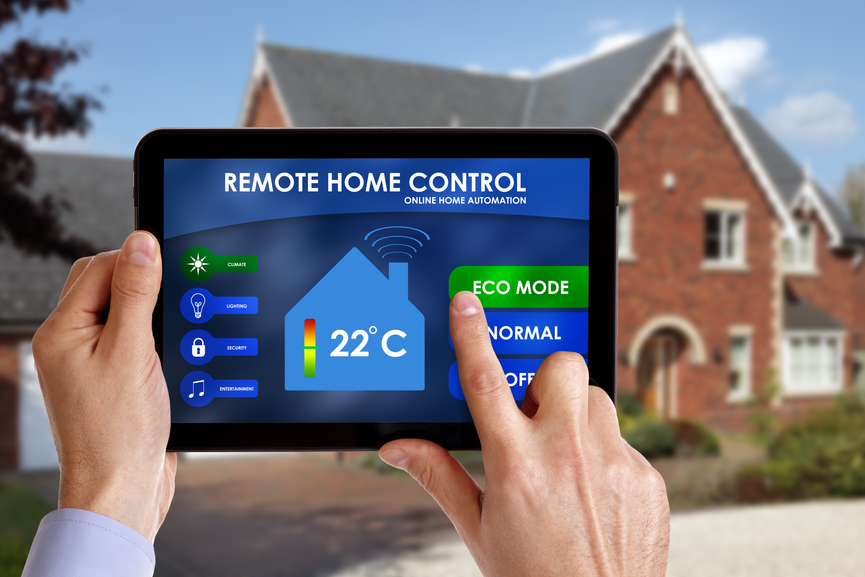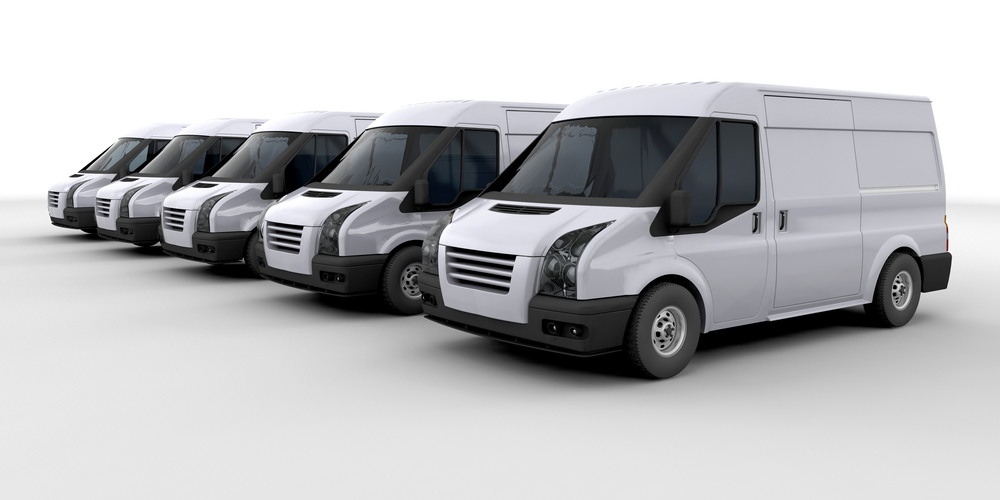“The Internet Of Things” is a phrase that gets tossed around quite a bit these days, and most people with an interest in technology have at least a vague understanding of what it stands for. Also referred to as the IoT, the basic concept is that it refers to the wireless connectivity between human devices, machines, and networks. The IoT has already expanded to include billions of devices worldwide, and yet there are those who argue we’ve only scratched the surface of how it’s truly going to affect us in everyday life and, most importantly, business.
It’s difficult to predict exactly how the IoT will affect us in the years to come, other than that we know it will be a major factor in society. But already in 2015, there are a number of industries in which the IoT has played a significant role, whether by cutting costs, improving safety, improving functionality and efficiency, or some combination of all of the above. To give you an idea, here are some of the industries demonstrating clear effects.
HOME DEVICES
The IoT has already had such a profound effect on home devices and connectivity within homes that we’ve come up with a whole new term to describe the most modern and technologically capable of houses: Smart Homes. In a thorough look ahead at sectors that could be affected most by the IoT in the near future, the Harvard Business Review highlighted potential in home environments. Per the report, “Connected Homes are perhaps the clearest next proving ground for the IoT, combining both the potential to spawn new lines of products … and the potential to reduce energy use and costs….”
That article, which was written late in 2014, included the suggestion that the “Smart Home” device market could become a $15 billion industry by the end of 2015 (up from roughly $7.8 billion in 2013). This market includes devices related to home heating and air conditioning, kitchen appliances, security networks, lighting, and entertainment, among other things, as technology and home device companies seek to give homeowners full network control over home functionality.
SHIPPING AND TRANSPORTATION
Personal transportation is one area frequently highlighted in discussions about the IoT as our cars become increasingly integrated not only with GPS capability, but with various technological tools designed to improve safety and comfort and minimize costs. But the idea of the IoT’s affect on transportation is also quite clear in the shipping industry, where fleet managers and entire companies are enjoying new levels of control over involved vehicles.
In its own article on the IoT in business, Verizon addressed benefits in shipping by pointing to a number of different functions that are now automatically achieved in connected companies. When vehicles are outfitted with WiFi and thus join the IoT, the article points out that “drivers and managers are now privy to real-time sharing of vehicle diagnostics, GPS-based tracking, routing information, and more.” This allows fleet managers to be in full control of every aspect of shipping, and drastically improves efficiency.
HEALTHCARE
Finally there’s healthcare, which has potential to be one of the most significant industries impacted by the IoT because improved efficiency can directly lead to health benefits and even lives saved. Additionally, this is a promising sector for the IoT in that it involves multiple tiers of influence, much like the idea of connectivity in transportation benefits individual drivers and entire shipping industries alike.
As part of a post titled “3 Industries Entrepreneurs Can Disrupt With The Internet Of Things,” Entrepreneur covered various perks for the healthcare sector, beginning with the idea that “hospitals are able to collect, record and analyze data faster and more accurately” with WiFi-enabled hospital devices. However, the same piece goes on to discuss several benefits of wearable technology as they relate to health, such as individuals’ ability to track fitness and heart rate and the chance for the elderly to have emergency alerts handy at all times.
These are just three of many large industries that will be, and in some cases already are significantly affected and improved by the IoT. But seeing the range of improvements and possibilities in just these three diverse sectors shows quite clearly just how big the transition to a broader, stronger IoT is for society.
 Technology X Tomorrow's Technology Today!
Technology X Tomorrow's Technology Today!



